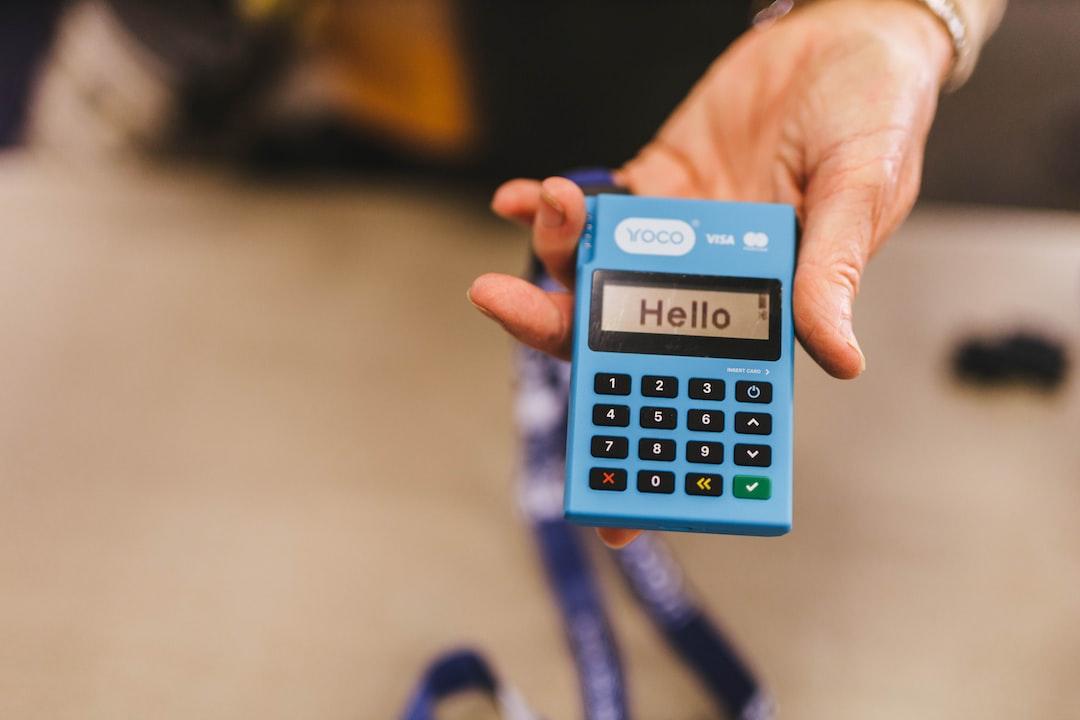Tether’s USDT Now Available for Social Security Payments in the Philippines
Tether has introduced an innovative payment method for Filipino citizens, enabling them to fulfill their social security obligations through its stablecoin, USDT.
The Philippines’ Social Security System (SSS) is a government-managed insurance program designed to assist employees in both formal and informal sectors during times of need. Currently, it oversees two primary programs: social security and employees’ compensation.
In collaboration with Uquid, a prominent Web3 platform specializing in decentralized commerce infrastructure, Tether has facilitated the integration of USDT payments for SSS contributions on the TON blockchain. Uquid utilizes blockchain technology and decentralized finance to expand crypto payment solutions, serving a vast user base of over 260 million globally and supporting cryptocurrency adoption in everyday transactions.
The rise in demand for stablecoins underscores their growing acceptance within the cryptocurrency sphere. Initially designed as a gateway for centralized exchanges, stablecoins now play a critical role in providing liquidity across both centralized and decentralized markets. Advocates highlight their advantages of near-instantaneous transactions and low fees, which are poised to disrupt traditional payment systems.
Major players in the financial sector are also recognizing the potential of stablecoins. PayPal introduced its own PYUSD stablecoin last year, aiming to streamline transfers within its payment ecosystem. Similarly, Stripe announced plans to enable merchants on its platform to accept stablecoins like USDC across multiple blockchain networks, including Solana, Ethereum, and Polygon.
Stablecoins are increasingly preferred for institutional cross-border transactions, suggesting a transformative potential within traditional financial frameworks. PayPal’s recent initiative allows users to convert PYUSD into USD, facilitating fund transfers to 160 countries worldwide.
While stablecoin investments among institutional and retail investors dropped slightly from December to May, Bitcoin remains the dominant asset, comprising 26% of total holdings as of May 2024. Institutional interest in Bitcoin has grown steadily since the SEC approved Bitcoin Spot ETFs in January 2024, contrasting with declining positions in Ether due to concerns about staking rewards in Ether Spot ETFs.
Retail traders continue to favor Bitcoin over Ethereum, despite renewed optimism for Ethereum Spot ETFs. Institutional investments in both Bitcoin and Ethereum remain substantial, reflecting differing market strategies and perceptions of value.
For further updates, follow us on Google News.


